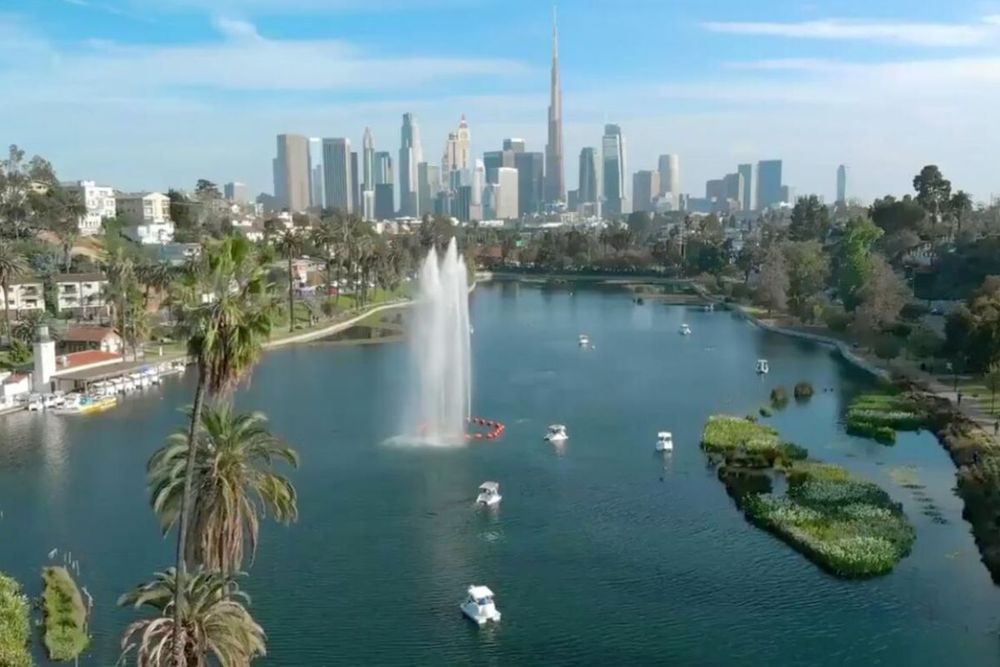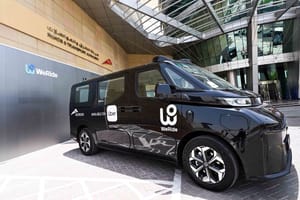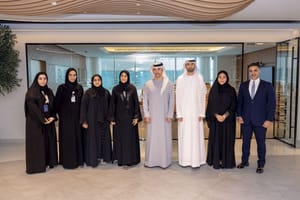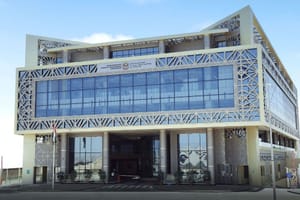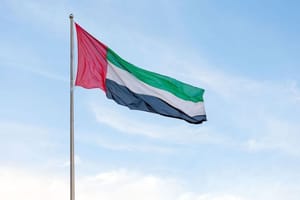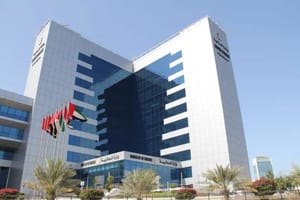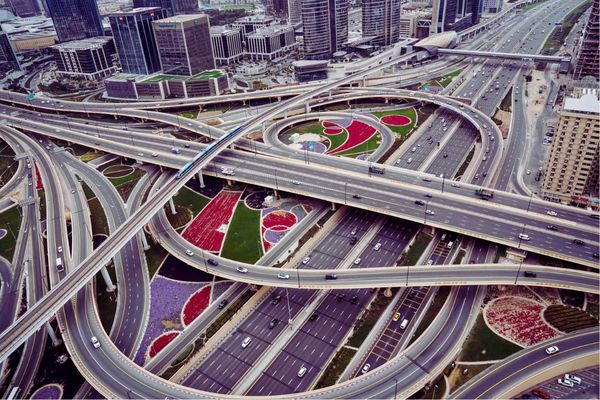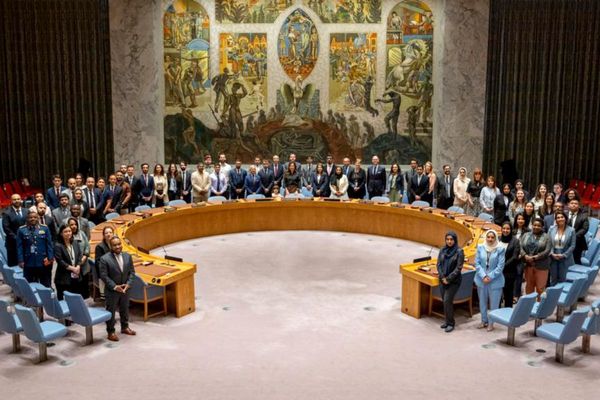Emirate launched its first urban plan back in 1960 and is currently in the process of realising its 7th development plan
Back in the 1960s, Dubai’s population was just about 40,000. Fast-forward to 2023, and the number of people that call the emirate home has soared to over 3.6 million — about 90 times more than it was 63 years ago. Dubai had launched its first urban plan back in 1960. And it is currently in the process of realising its seventh development plan since then.
.@HHShkMohd launches #Dubai 2040 Urban Master Plan. The #Dubai2040 plan aims to realise His Highness’s vision to make Dubai the world’s best city to live. pic.twitter.com/jKgvG0n6sX
— Dubai Media Office (@DXBMediaOffice) March 13, 2021
Launched by His Highness Sheikh Mohammed bin Rashid Al Maktoum, Vice-President and Prime Minister of the UAE and Ruler of Dubai, the emirate’s 2040 Urban Master Plan maps out a greener and more sustainable city that caters to an expected 5.8 million residents.
In less than 20 years, Dubai will have more than half of its population residing in the vicinity of public transportation means. Its green areas will increase by 105 per cent, while public beaches will be extended by 400 per cent. Home to five urban centres, the Emirate will transform into a 20-minute city where residents can reach their destinations within a 20-minute timeframe on foot or by bicycle.
Several projects and initiatives have been announced as part of the plan. Among them are:
60% of Dubai to be nature reserves

Videos and photos released back in 2021 show a breathtakingly greener Dubai. Sample this image of a stunningly green route to Dubai’s Downtown:
Under the plan, nature reserves and rural natural areas will constitute 60 per cent of the emirate’s total area. Several green corridors will be established to link the service areas, residential areas and workplaces.
Air taxis to soar over 100km scenic desert route

Imagine soaring over the stunning network of manmade lakes in Al Qudra. Or riding a bike or driving through a 100km scenic route cutting through the golden sands of Dubai.
Route 1 or the Saih Al Salam Scenic Route will have everything from air taxis to hot air balloons, kayaking, horse rides, skydiving, an open-air cinema and lodges with glass domes.
Waterfalls, cable car and more in Hatta

The mountain enclave is being developed into a year-round tourist destination. Among the key projects on offer is the Hatta Waterfalls, a green haven of four oases linked with bridges crossing the water canal.
Another project is a 5.4km cable car system that transports visitors to the highest natural summit in Dubai: Um Al Nesoor. The cable car route passes over the Hatta Dam and the upper dam lakes, and over the mountains.
ضمن خطة حتا التنموية اعتمدنا ٦ مشاريع جديدة ..تصاميم قمة دبي الجبلية على ارتفاع ١٣٠٠ متر..وتلفريك بطول ٥.٤ كم ..وشلالات حتا المستدامة وفندق عالمي ومسارات Hiking وصولا لأعلى قمة في دبي (جبل أم النسور ١٣٠٠ متر ).. وأيضاً السماح لأهالي حتا ببناء ٢٠٠ نُزُل عطلة لدعم السياحة الداخلية pic.twitter.com/XewNVdVe88
— HH Sheikh Mohammed (@HHShkMohd) August 21, 2021
Countryside to charm visitors

Vast areas around Dubai will be developed as part of a Countryside and Rural Areas Development Master Plan.
Spanning 2,216 square kilometres, the plan will see Lehbab, Margham, Al Marmoom, Al Lisaili, Al Faqaa and Al Aweer become key tourist destinations, with their natural reserves and archaeological sites protected.
105km of sun, sand and fun

Dubai tourists and residents are spoilt for choice when it comes to beaches. And by 2040, its current 21km of public beaches will go up to 105km, which means up to five time more sun and sand.
The beaches will feature walkways, mangroves, water sports, walking and cycling tracks, and rest areas.
News Source: Khaleej Times
